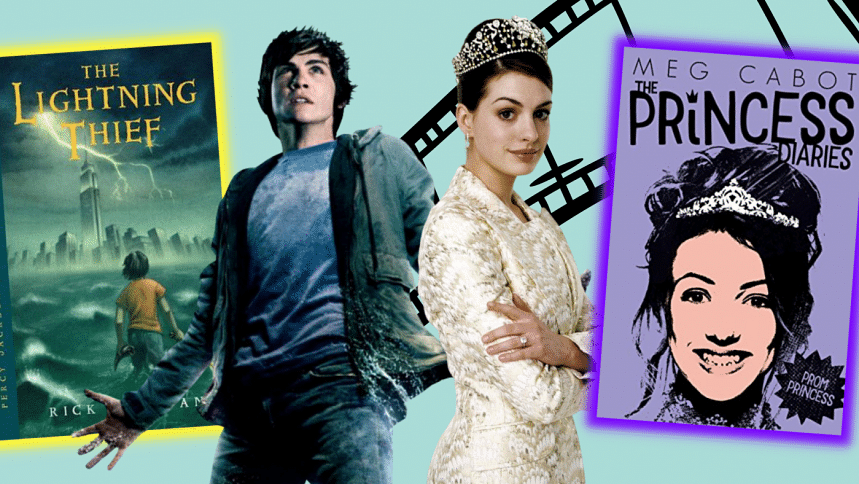Where film adaptations fall short

"The book was better," said every person who read the book before watching its film adaptation. In most cases, unfortunately, this person is right. This rings especially true when it comes to film adaptations of books written in the first-person narrative.
If you have watched the Percy Jackson movies, widely known in the fandom as the Peter Johnson movies, you might have noticed that something was off besides the obvious inconsistencies and flawed setting, which was the absence of Percy's narration. Rick Riordan's worldbuilding is flawless and his characters are easy to love, and so I used to think that the job of the scriptwriters was made significantly easier.
However, the movies missed out on the witty narrations of Percy Jackson, which perfectly delivered the thought Rick Riordan had put behind the modern re-telling of Greek myths with the perfect dose of humour. Though the movies tried to compensate for this loss by adding another character for the comic relief, it unfortunately did not deliver as neatly.
The unique quality of first-person narration is that we experience the protagonists' journey through them. When such books are adapted for the screen, we are already far removed from the character. This dilutes the intensity of events in the movie, because often the drama is dependent on the protagonists' misunderstandings.
The Princess Diaries perfectly illustrates this concept. Mia finds out she's a princess in the modern world, and has to deal with being even more of a "freak" than she already is. Her over-the-top internal reactions, exaggerations and extreme sarcasm is what makes the readers flip the pages, despite the story's low stakes.
In the movie, Mia's unreliable and hilarious narration is gone, so every plot point is duller than in the book. The characters were already watered down without her lens, but the movie, for some reason took it a step further.
Another hiccup that movie producers come across is the difficulty portraying the character's inner workings: their desires, fears, misbelief, and flaws. Whereas internal conflict in books can be conveyed through the characters internal monologues, narration, dialogue or action, in movies, it can only be naturally conveyed through dialogue and action.
Both Percy and Mia were colourful on the page, yet bland on the screen, because we first experienced their stories through their unfiltered point-of-views.
The screenwriters also have the difficult task of imagining scenes which were skimmed over in the stories using witty narration, while staying true to the original material. The director has to make sure the audience sees what the characters saw in the corresponding books scenes.
In these cases, the book authors are fundamental to creating the movie. However, in most adaptations (such as those mentioned here), the authors had a minimal role in the filmmaking.
Complain to Zaheen about book to film adaptations at instagram.com/tasfiazuhair

 For all latest news, follow The Daily Star's Google News channel.
For all latest news, follow The Daily Star's Google News channel. 








Comments